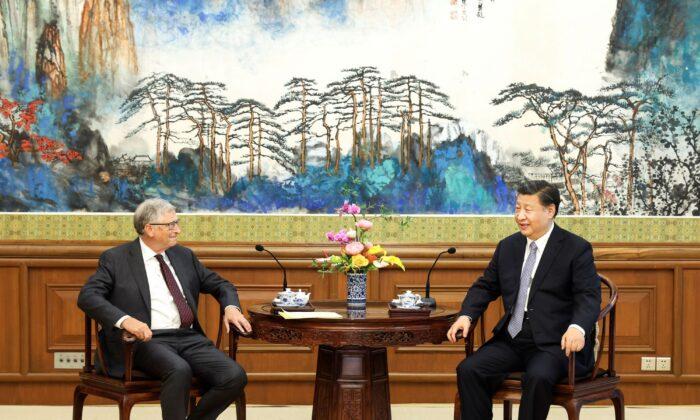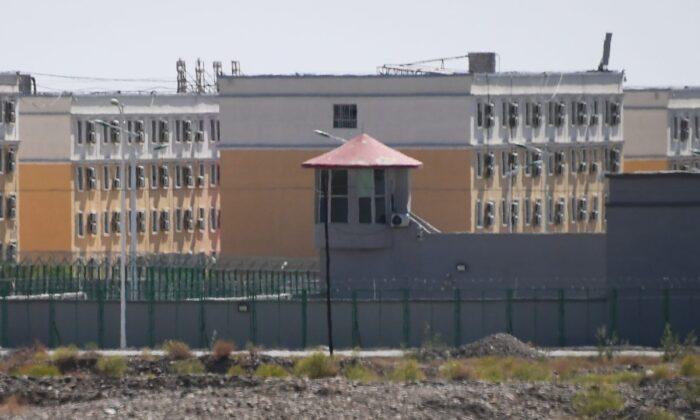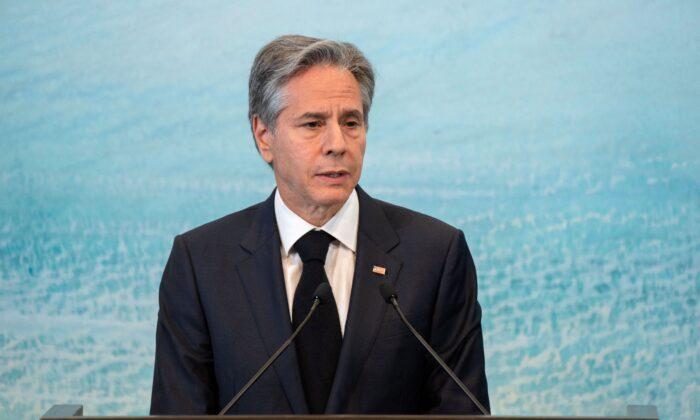The United States on April 27 called out the Chinese regime for its continued failure to deliver on its commitment to protect intellectual property (IP).
Due to China’s lax enforcement of intellectual property rights, the USTR report put Beijing on a “priority watch list” of countries that do the most harm to U.S. businesses.
The regime‘s state-sponsored theft of U.S. technology and trade secrets was a core issue that prompted Washington to launch the U.S.-China trade war during the Trump administration.
A 2018 investigation by USTR found that China had engaged in a range of harmful and unfair practices, including forced technology transfer and state-sponsored cyberattacks stealing U.S. trade secrets.
The trade war saw the Trump administration imposing tariffs on nearly $370 billion worth of goods from China, much of which remains in place.
In its phase one trade deal, Beijing promised to strengthen its protections for foreign copyrights, trade secrets and other forms of intellectual property.
As a result, in 2021, China enacted amendments to its law and regulation as well as other measures aiming at tackling intellectual property protection and enforcement, according to the USTR report.
Yet, right holders continue to “raise concerns about the adequacy of these measures and their effective implementation, as well as about long-standing issues like bad faith trademarks, counterfeiting, and online piracy,” the trade office noted.
USTR also stressed that, “China continues to be the largest origin economy for counterfeit and pirated goods,” which account for over 83 percent of U.S. seizures.
Specifically, “the production, distribution, and sale of counterfeit medicines, fertilizers, pesticides, and under-regulated pharmaceutical ingredients remain widespread in China,” the report said.
USTR also raised concerns about statements by Chinese officials that tie IP rights to the needs of domestic innovation-driven development, noting that it would further downgrade the fair application of IP protection and enforcement to foreign right holders in China.
The document released on Wednesday was based on a performance review of more than 100 U.S. trading partners.
Also on the USTR’s “priority watch list’’ were Argentina, Chile, India, Indonesia and Venezuela.





Friends Read Free